Podcasts that mention 📚 Moby Dick by Herman Melville
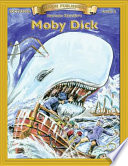
Moby Dick
Mentioned 35 times in 13 episodes across 7 podcasts.
Podcasts that mention Moby Dick by Herman Melville
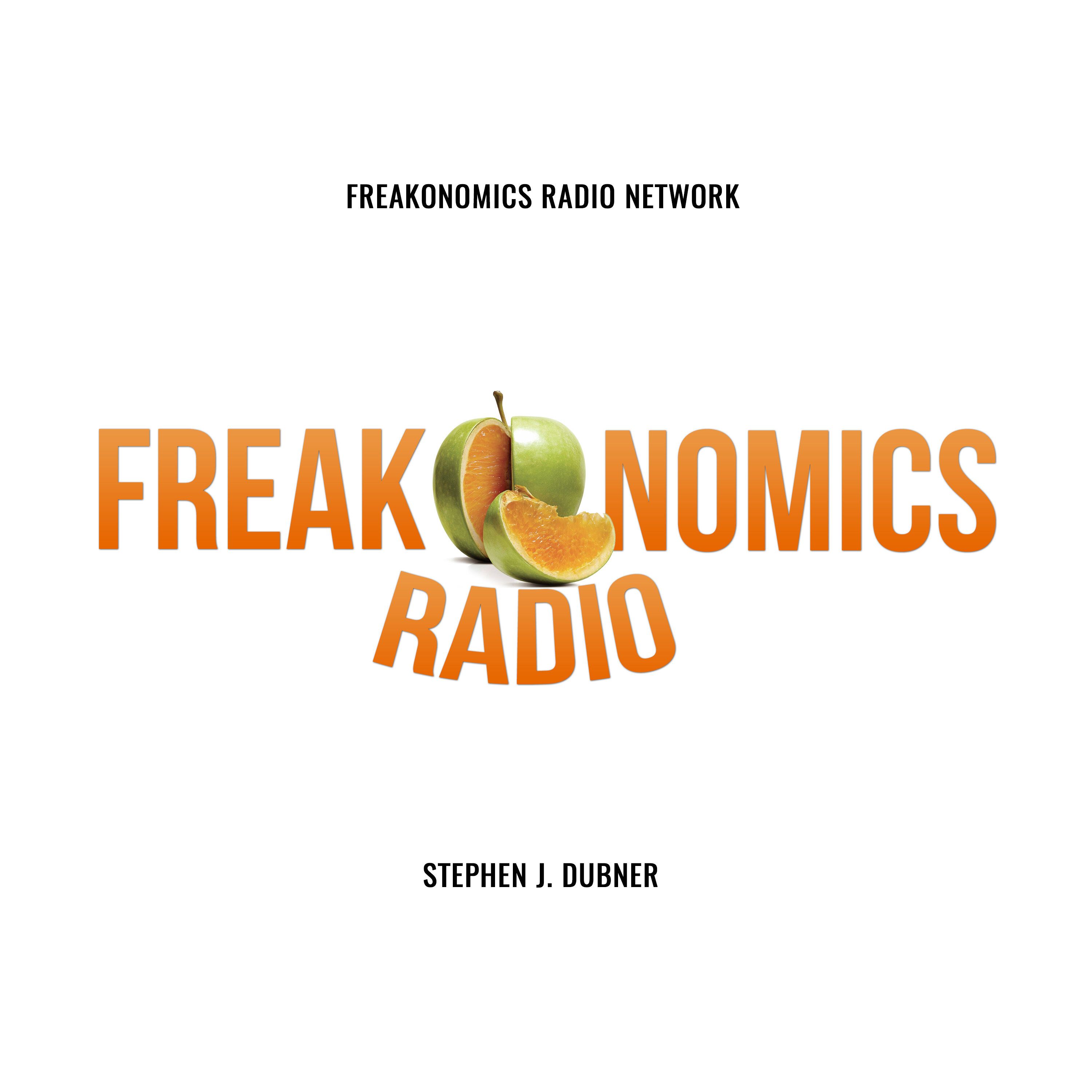
Freakonomics Radio episodes that mention Moby Dick by Herman Melville
Episode: 592. How to Make the Coolest Show on Broadway | Freakonomics Radio
Published on June 15, 2024
We met and we talked about like Herman Melville and Moby Dick for a really long time.
In a conversation between David Admi and Will Butler, 'Moby Dick' by Herman Melville is discussed extensively, showcasing Will's intellectual interests that go beyond music.
Episode: Bonus Episode: A Modern Whaler Speaks Up | Freakonomics Radio
Published on August 8, 2023
We spoke with economists, historians, a Moby Dick scholar, and an environmental activist whose mission in life is to stop whale hunting.
In this episode, the host discusses the book 'Moby Dick' with various experts, including a scholar specializing in the book. This reference highlights its relevance to the broader conversation about whaling.
Yeah, I see. Have you read Moby Dick?
The podcast host asks the interviewee, a modern whaler, if he has read 'Moby Dick'. This question is posed in the context of a broader discussion about whales and their behavior.
Episode: What Can Whales Teach Us About Clean Energy, Workplace Harmony, and Living the Good Life? | Ep. 551
Published on July 28, 2023
How many times have you read Moby Dick? I’m 50 years old.
In a discussion on the podcast, the host asks a guest about the number of times they have read 'Moby Dick', highlighting its significance in literary culture.
The challenge of reading Moby Dick is having a comfort in not knowing, being someone who can sit with dissatisfaction, or sit with inconclusiveness, sit with discomfort, sit with the idea that things will not be resolved necessarily in the timeframe or the way that you want them to. I don't think everybody's comfortable with that.
The guest discusses the complexities and challenges involved in reading 'Moby Dick', highlighting the importance of comfort with uncertainty and unresolved themes.
It's an outlier only in the sense that it remains widely read today, in part because by naming the whale Moby Dick, I mean, there are so many ways. Melville is like a deeply queer writer; all of his texts have scenes of mutual masturbation or various other queer subtexts.
In this episode, the guest discusses how 'Moby Dick' is still widely read today and explores its significant themes, highlighting Melville's unique perspective as a writer.
The distracted boyfriend meme is a common one where the original girlfriend is something like the plot of the novel, and the girl that is distracting the boyfriend—the boyfriend is Melville, and the girl distracting him can be something like minute details about whaling taxonomy. So that kind of meme.
During the episode, a guest from Freakonomics Radio describes how the popular distracted boyfriend meme relates to Herman Melville's novel 'Moby Dick', illustrating the contrast between the book's plot and the distractions from minute details of whaling.
Well, a lot of it is taking lines from Moby Dick and translating them into popular memes, and so that’s always amusing. Do you have a favorite or two?
The guest discusses how lines from 'Moby Dick' are creatively transformed into popular memes, sharing a humorous take on the book.
Part of what makes Moby Dick funny in some ways is that there’s a hatred for a specific animal. Can you describe in just a few words what Moby Dick Twitter is like?
The host discusses how the book 'Moby Dick' has a humorous aspect, stemming from a particular aversion to a specific animal found in the story.
I'm laughing, especially because one of the very funny discourses on Twitter about Moby Dick is that there's a whole kind of subset of Moby Dick-obsessed Twitter, and one of the jokes is about what it means to hate a specific animal.
The host discusses a humorous Twitter community obsessed with the book 'Moby Dick', highlighting the jokes and discourses related to it.
The book you love more than anything describes for me the diversity of the crew on the Pequod. The crew of Moby Dick is probably more diverse than any historic whaling ship was.
The host discusses how the diversity of the crew in 'Moby Dick' compares to real historic whaling ships, highlighting the unique aspects of the fictional crew on the Pequod.
And how about the crew in Moby Dick? The book you love more than anything describes for me the diversity of the crew on the Pequod.
In this segment, the host of Freakonomics Radio inquires about the crew in 'Moby Dick,' discussing how the book illustrates the diversity of the crew aboard the Pequod.
And what was life like on board the Pequod, the whaling ship in Moby Dick? After the break, we tried to get a feel for that.
The host of Freakonomics Radio inquires about the experiences on the whaling ship, the Pequod, as depicted in 'Moby Dick'.
But as much as I’d like to say that Moby Dick is a book about whaling, I mean, we have been doing this three-part series on the history and economics of whaling, Moby Dick isn't really about whaling.
In the episode, the host explains that even though the discussion revolves around the history and economics of whaling, the book 'Moby Dick' is not fundamentally about that topic.
In 1851, he published a novel called The Whale, later retitled Moby Dick or The Whale. At some point, you may have read Moby Dick or pretended to.
The host discusses the novel 'Moby Dick,' originally published as 'The Whale' in 1851, by Herman Melville, suggesting that it is a book many have either read or feigned familiarity with.
I could not believe the book; if it were not for Moby Dick, whaling would be one of a series of interests, but because Moby Dick has loomed so large, I went all in on whaling then, huh?
The guest explains how 'Moby Dick' profoundly influenced their interest in whaling, stating that the book inspired them to delve deeply into the subject.
I read Moby Dick for the first time at the age of 17. What was your impression on your first reading at 17 years old?
The guest reflects on their first reading of 'Moby Dick' at the age of 17, sharing their impressions of the book.
So if you could go back to your 17-year-old self, and maybe when you first read it and fell in love with it, but then tack onto your 17-year-old self your current self with your deeper understanding of the book, how would you describe to your classmates who were not interested in reading Moby Dick, or maybe to the millions of people today, the billions of people today who remain uninterested in reading Moby Dick?
The host of Freakonomics Radio asks the guest how someone would describe the book 'Moby Dick' to those who are not interested in reading it, reflecting on personal connections to the book.
Moby Dick is deeply weird and funny, and what it especially does for me, both the 17-year-old me and the 18- or 20-year-olds to whom I teach it now, and to my 50-year-old self who still reads it at least once a year, is that Moby Dick takes any sense that you might have that there is some transcendent, great, perfect work of genius or truth in the world and turns it into a mess.
The guest shares her thoughts on the book 'Moby Dick', explaining how it has influenced different stages of her life and how it challenges the notion of a perfect work of genius, leaving readers with a more complex perspective.
The idea that things can be messy is part of the form of Moby Dick's own messiness.
In this segment, the guest discusses 'Moby Dick' and reflects on the inherent messiness of its structure, highlighting how the chaotic elements are integral to the book's form.
But the odds are you will have to seek it out, as Melville writes in Moby Dick: it is not down in any map; true places never are.
In this segment, the host references Herman Melville's classic novel 'Moby Dick', noting how the author suggests that true places are not found on any map.
Episode: Why Do People Still Hunt Whales? | Freakonomics Radio | Episode 550
Published on July 20, 2023
Also, why is it still a good idea to read Moby Dick? There's a headline early in the novel that says bloody battle in Afghanistan, grand contested election for the presidency of the United States—and is a 19th-century whaling crew more ethnically diverse than your 21st-century office?
The podcast host, Stephen Dubner, explores the relevance of the classic novel Moby Dick, questioning why it remains a worthwhile read today. He highlights the timelessness of its themes and draws parallels between the 19th-century story and contemporary issues.
Episode: The First Great American Industry | Freakonomics Radio | Episode 549
Published on July 13, 2023
The ship in Moby Dick isn't called the Essex; it's called the Pequod.
In this segment, the host clarifies a detail about the book 'Moby Dick', stating that the ship featured in the story is named Pequod, not Essex.
That again is Nathaniel Philbrick; for my money, Moby Dick is America's Bible.
In this segment, the host cites Nathaniel Philbrick, who claims that 'Moby Dick' should be considered America's Bible.
The most famous whale ship disaster was the Essex; just about every kid in America learned the story of this ship that was rammed by a whale and which Melville would use for the climax of Moby Dick.
In the episode, the host references 'Moby Dick' by Herman Melville while discussing the famous Essex ship disaster, highlighting how this incident influenced Melville's writing.
The Essex was the real-life inspiration for Moby Dick by Herman Melville, the whale of all whaling books.
The host discusses the book 'Moby Dick' by Herman Melville, highlighting that it was inspired by the actual events surrounding the Essex whale ship.
The whale itself became central to our art and culture. Part of what makes Moby Dick funny is that there's a hatred for a specific animal.
The host discusses how whales have become central to art and culture, mentioning that the book 'Moby Dick' is considered funny due to the animosity it expresses towards a specific whale.
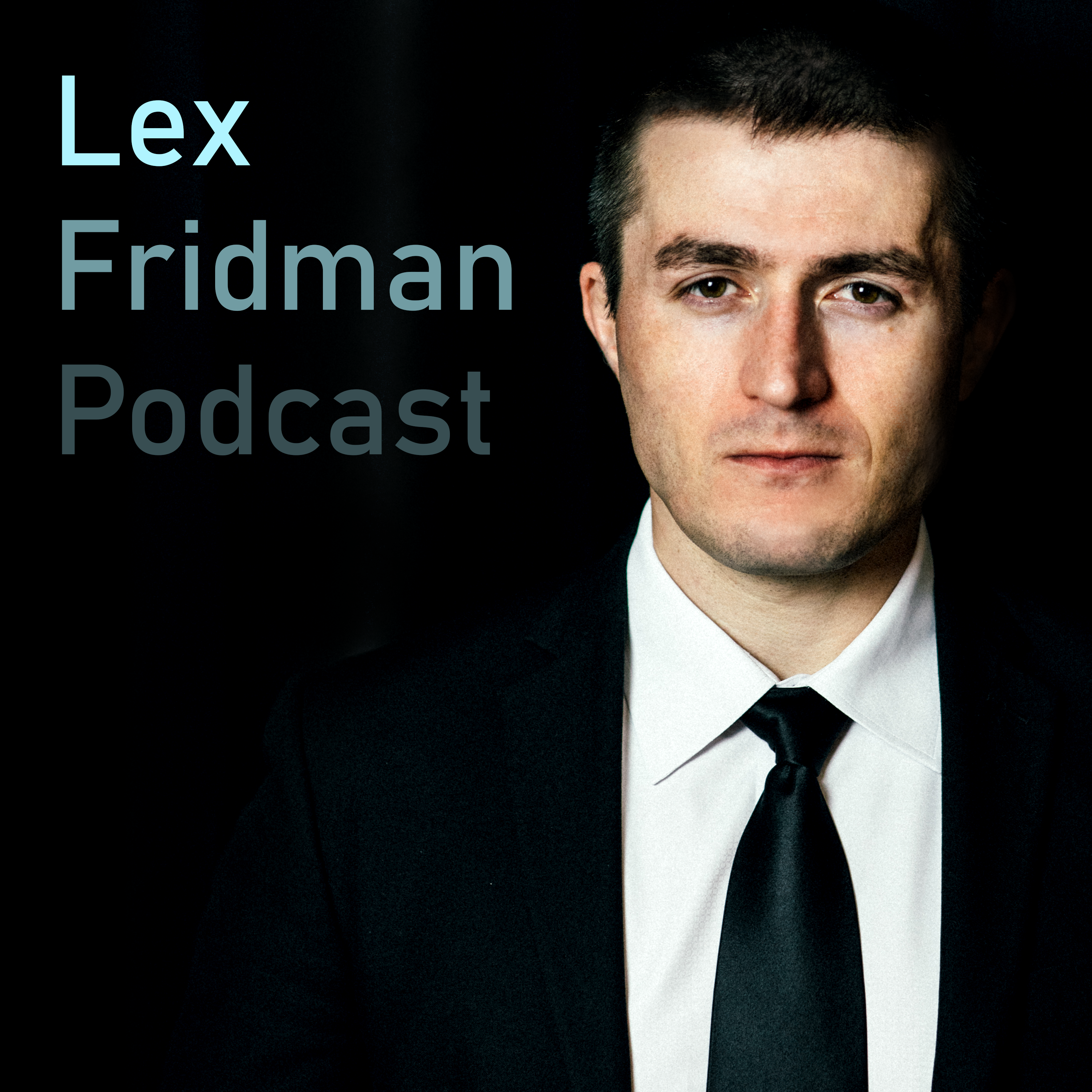
Lex Fridman Podcast episodes that mention Moby Dick by Herman Melville
Episode: Neri Oxman: Biology, Art, and Science of Design & Engineering with Nature | Lex Fridman Podcast #394
Published on September 1, 2023
I remember when we did the Mandela Pavilion, we read 'Moby Dick,' the whiteness of the whale, the albino, the different, the other. And that got us to work on melanin.
Neri Oxman talks about how reading "Moby Dick" inspired her work on the Mandela Pavilion, particularly focusing on themes of the whale's whiteness and melanin.
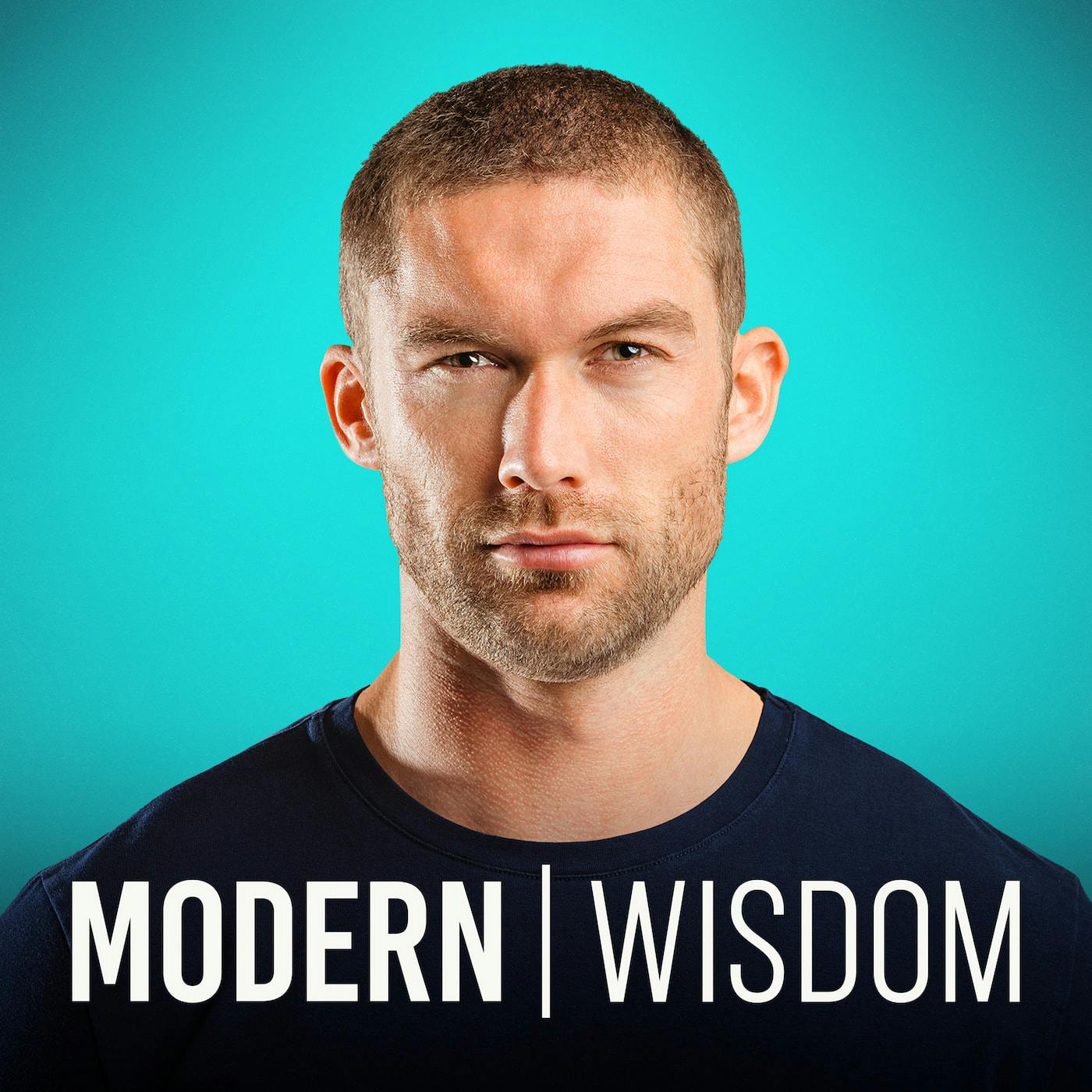
Modern Wisdom episodes that mention Moby Dick by Herman Melville
Episode: Has America Completely Lost Its Mind? - Ben Shapiro (4K)
Published on September 30, 2024
I mean, like we tried this; we had a book club and the book club was, you know, we’d read like great works of literature, so we read Moby Dick. Yeah, you were on a deck of a ship, right? Exactly, so we did one with Moby Dick and it’s like I love that stuff, right?
During his conversation with Chris Williamson, Ben Shapiro recalls attempting to establish a book club where they read classic literature, including 'Moby Dick'. He expresses his enthusiasm for the book and references being on a ship while discussing it.
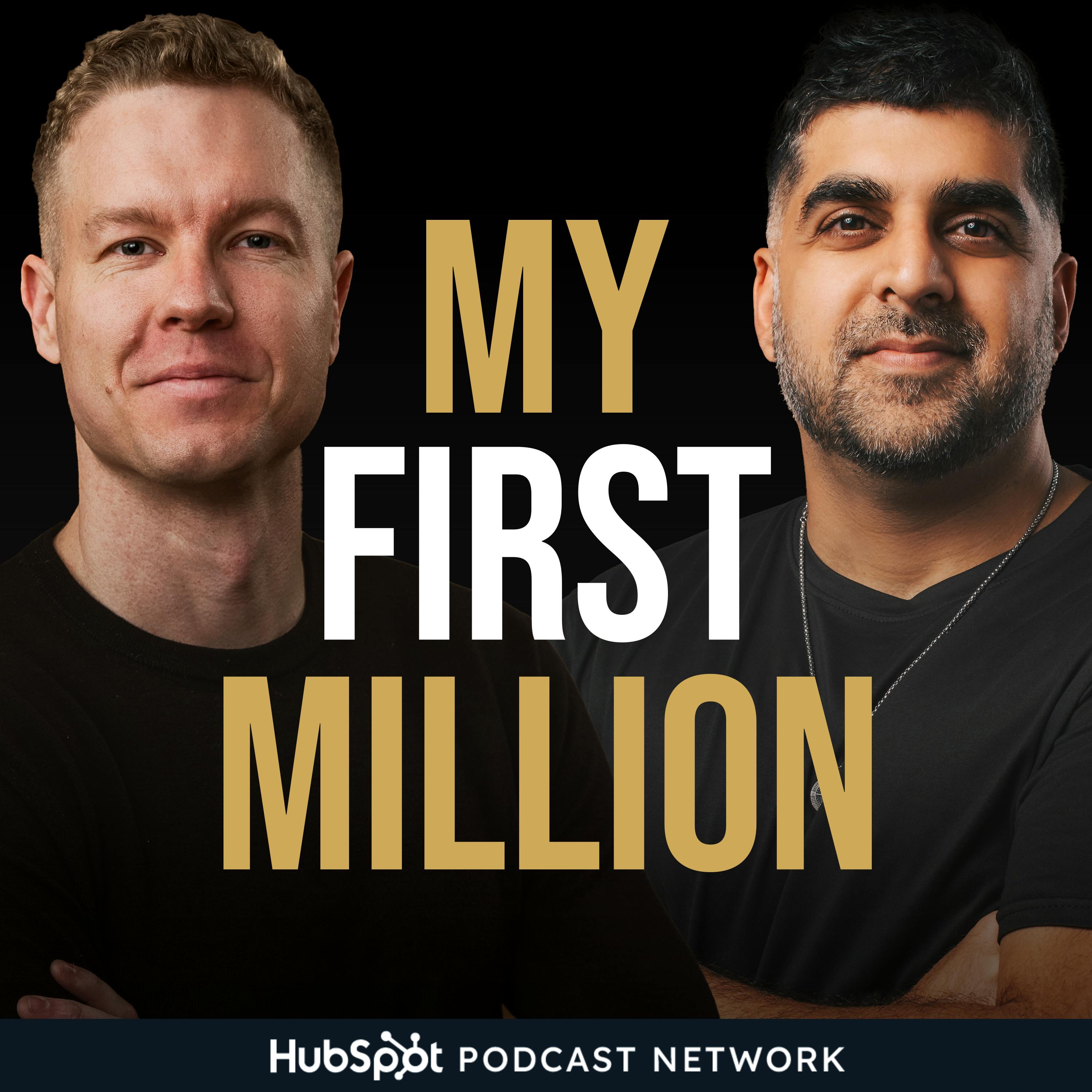
My First Million episodes that mention Moby Dick by Herman Melville
Episode: How This Big Wave Surfer Built A +$10 Million Business Empire (#483)
Published on August 9, 2023
If you've ever read Moby Dick, you know about the whale that sinks the ship. Yes, there's actually a true story behind it. So Nantucket originally was for Quakers, yeah, were whale men.
In this segment, the podcast guest, Laird Hamilton, discusses 'Moby Dick' to illustrate a point about the real-life events that inspired the book, connecting it to his recommendation of 'The Heart of the Sea'.
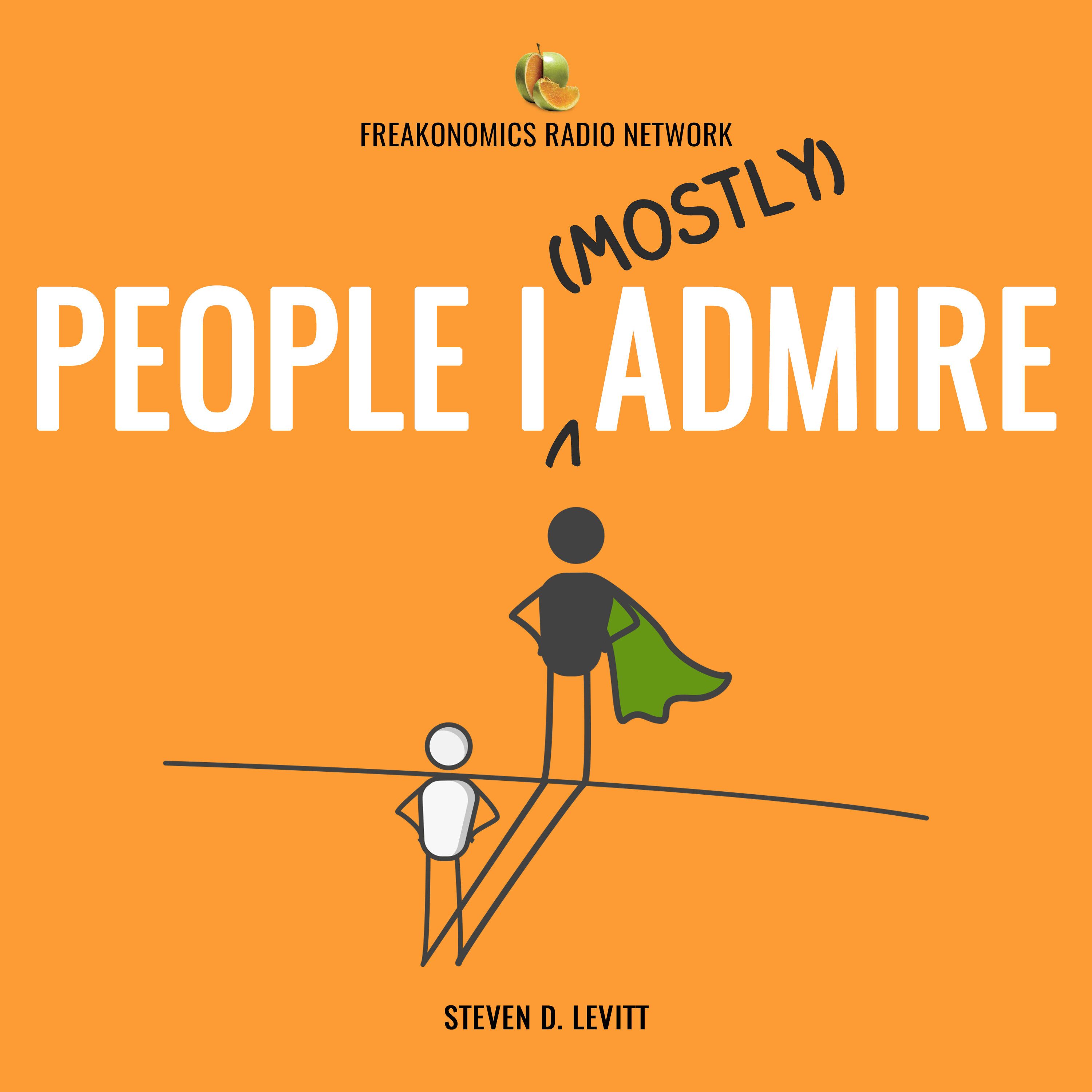
People I (Mostly) Admire episodes that mention Moby Dick by Herman Melville
Episode: 141. The Language of the Universe | People I (Mostly) Admire
Published on September 30, 2024
He started reciting Moby Dick; the opening to Moby Dick was really striking.
Ken Ono recalls his mentor, Basil Gordon, reciting the opening of 'Moby Dick' and using its themes as an analogy for the journey of discovery in mathematics.
Episode: The Joy of Math With Sarah Hart | People I (Mostly) Admire | Episode 104
Published on May 1, 2023
I'm getting there. I wrote an academic paper actually about the mathematics in Moby Dick, and that came out in 2021.
In this segment, Sarah Hart shares that she wrote an academic paper focused on the mathematics found in the book 'Moby Dick'. Though the specific author of the paper is not mentioned, it is inferred to be Herman Melville, the author of the book.
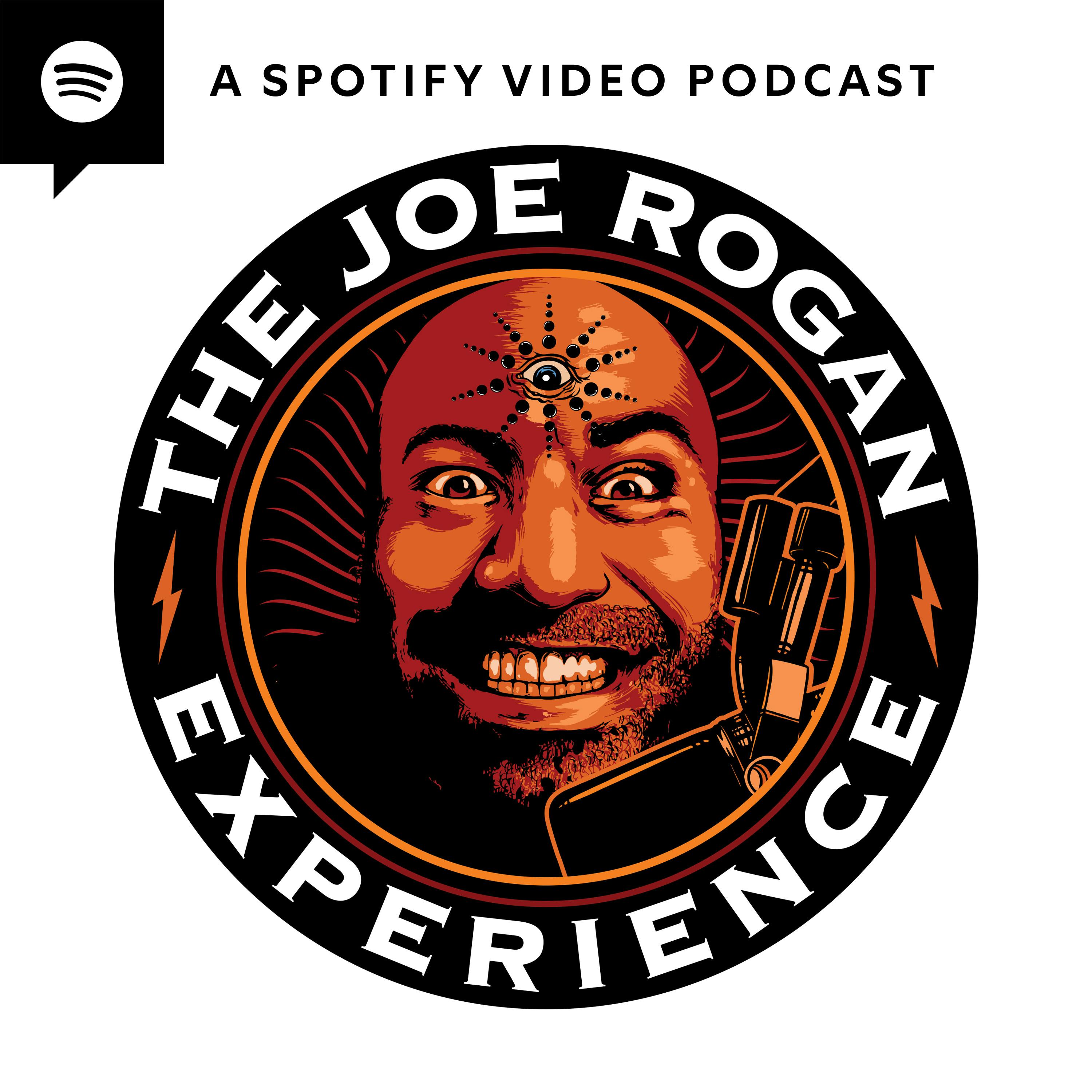
The Joe Rogan Experience episodes that mention Moby Dick by Herman Melville
Episode: Joe Rogan Experience #2235 - Mike Rowe
Published on November 27, 2024
The sinking of this ship inspired Herman Melville to write Moby Dick, and what happened was, in I think it was 1821, the whaling industry in Nantucket was so fascinating.
During their conversation, Mike Rowe mentions that Herman Melville was inspired to write 'Moby Dick' due to the sinking of a whaling ship, which took place around 1821 in the fascinating whaling industry of Nantucket.
Episode: Joe Rogan Experience #2148 - Gad Saad
Published on May 9, 2024
It’s both the greatest time and the worst time ever, right? Yeah, it’s a great time because it feels like an asteroid’s coming, yet the asteroid isn’t here just yet. Well, our mutual friend Sam Harris would argue that the asteroid is actually Donald Trump. Oh, for some people, that’s their white whale.
In a conversation about the current political climate, Joe Rogan references the book 'Moby Dick' to illustrate how some people see Donald Trump as their obsession or 'white whale'.
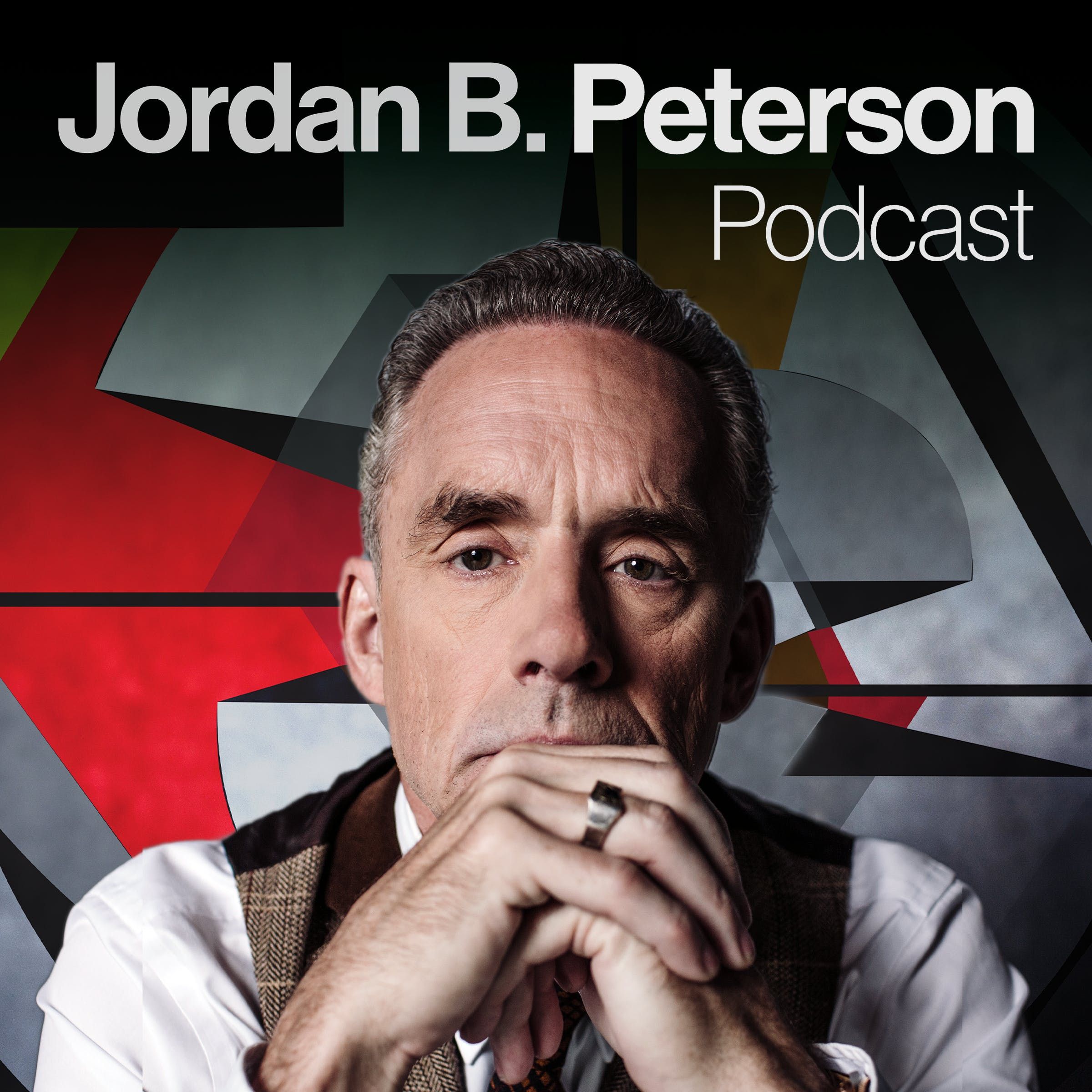
The Jordan B. Peterson Podcast episodes that mention Moby Dick by Herman Melville
Episode: Daemons, Demons, God, & the Meaning Crisis | Dr. John Vervaeke | EP 414
Published on January 15, 2024
I've always been fascinated by that story; of course, Melville makes a lot of it in Moby Dick. There's a moment in that story that I find particularly compelling, and one of the things I like about the Bible is it will have these little moments of very powerful humanity in the midst of wrestling with the numinous.
Dr. Jordan Peterson discusses Herman Melville's 'Moby Dick' while reflecting on its compelling narrative moments, drawing connections to similar themes found in the Bible, during a conversation with Dr. John Vervaeke.
If you’d like to explore more in Moby Dick, you can purchase it here:
